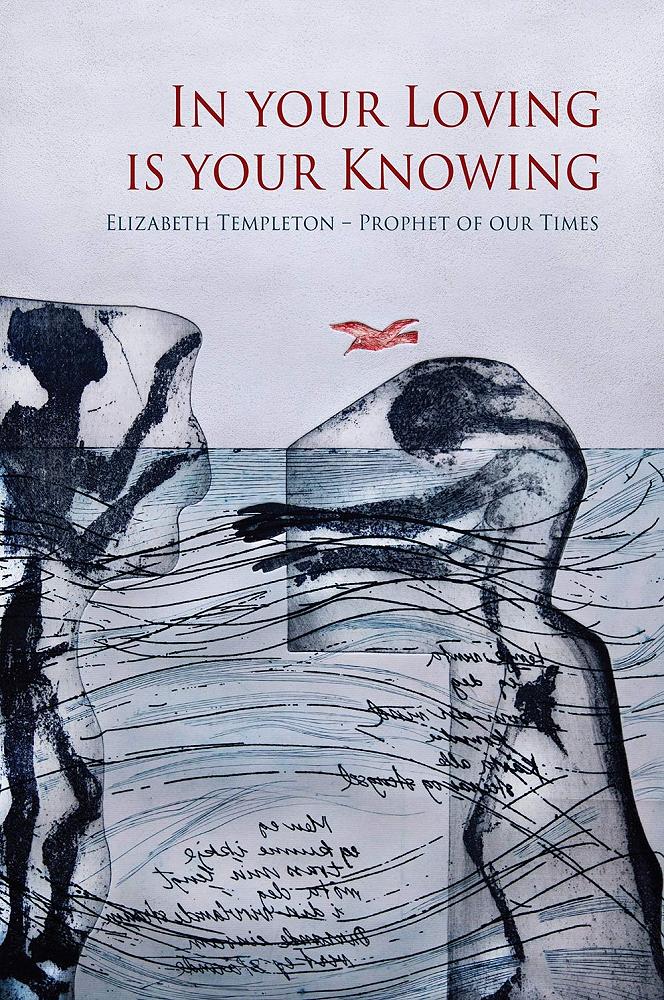
In Your Loving Is Your Knowing: Elizabeth Templeton – Prophet of Our Times
Edited by Peter Matheson and Alastair Hulbert. Published by Birlinn, 2019. Reviewed by Janet Crawford
Elizabeth Templeton is not well-known in New Zealand although Peter Matheson, a fellow Scot, friend and former colleague, describes her in his introduction as “one of the most outstanding theologians of her generation”. Templeton, who died in 2015 aged only 69, was not a typical theologian. Firstly, she was a lay woman. Secondly, though highly gifted and well-qualified academically she gave up an academic life in 1980 in order to raise a family. From then on she was a “freelance” theologian and public intellectual. Thirdly, she published little but gave lectures and addresses, wrote articles, preached and was a very effective religious broadcaster. Widely regarded as a “radical”, she remained a loyal, though always critical, member of the Church of Scotland.
This book is a collection of 33 talks, articles, lectures and sermons selected by Peter Matheson. They vary in length and in style according to the audience. Although displaying wide learning and scholarship Templeton also draws on her own experience, makes frequent references to poetry and literature (including Janet Frame) and uses story, humour and imagination. She writes as a lay person for lay people, with a special concern for those on the margins of church life, or beyond. She saw theology as a “convivial, energising conversation, engaging every aspect of the self, and open to every partner from any quarter. That it is so often experienced, inside and outside the Church, as a dry, eccentric and restrictive discipline is tragic and needs remedy!” Her work is part of that remedy: lively, accessible and often challenging.
Peter Matheson's introduction briefly outlines Templeton’s life and places her work in context. There are then six thematic sections, each introduced by a helpful brief commentary: Christ and Culture; Making Sense of Theology; The Common Life; Ecumenism; Living, Loving and Dying; On Being the Church. I found the section on Ecumenism the most interesting, particularly because I heard Templeton give one of the addresses (at the Canberra Assembly of the World Council of Churches in 1991). Her presentation was like a breath of fresh air.
I’d recommend this book to those who are interested in exploring ideas about freedom, community and inclusiveness, who are open to new perspectives and who are ready to be challenged.
Tui Motu Magazine. Issue 239 July 2019: 28
